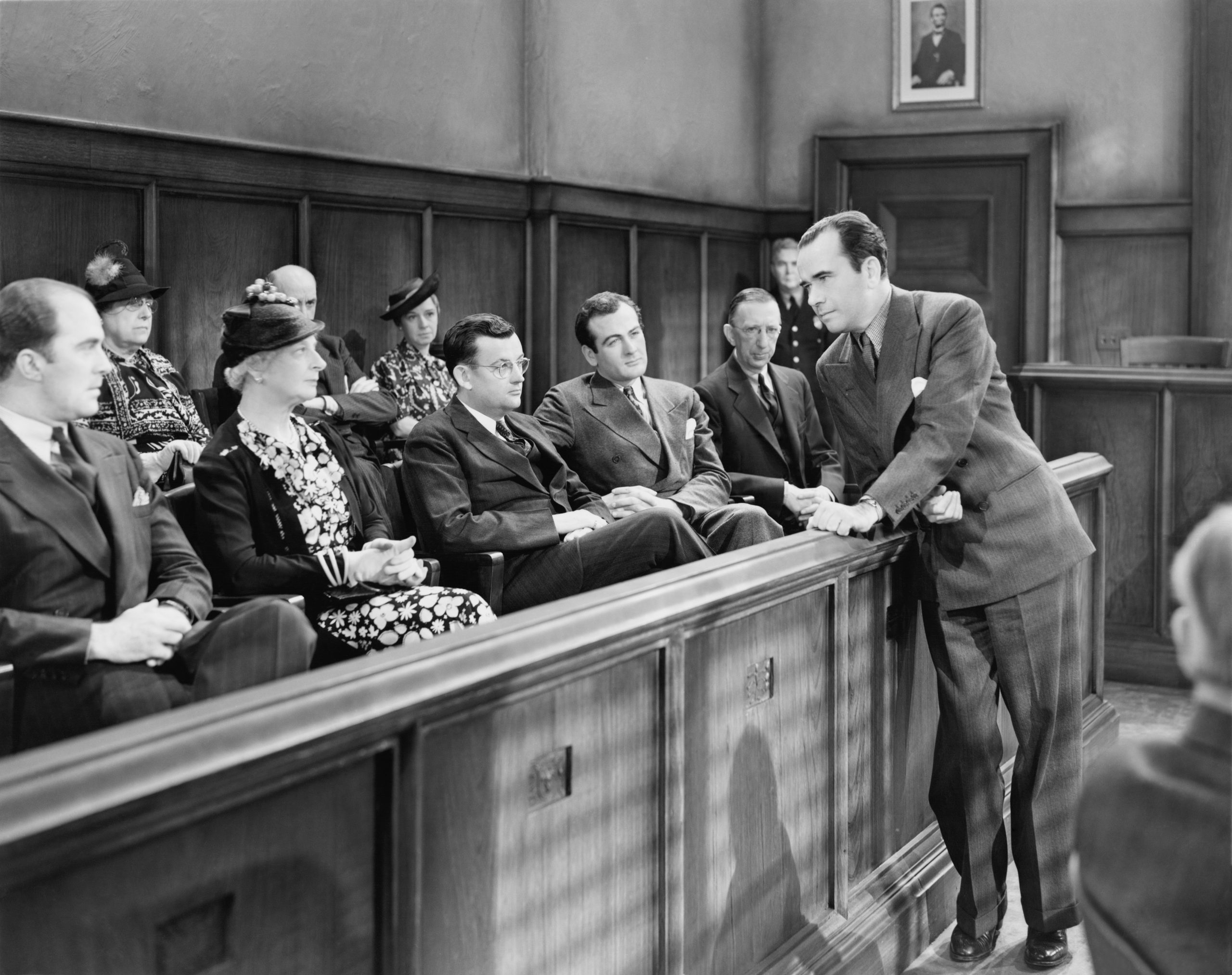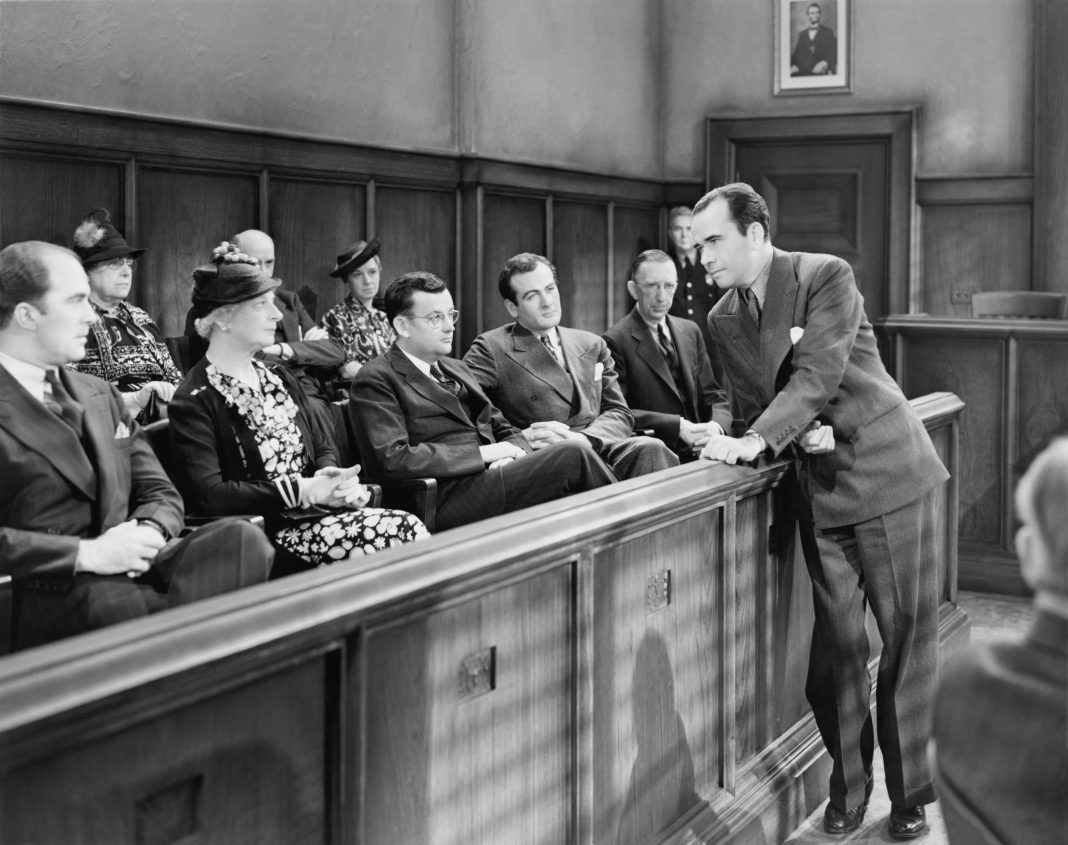 Alphabet’s Google has managed to avoid a jury trial in its antitrust case after paying $2.3 million to cover the U.S. government’s claim of monetary damages. This move allows Google to bypass a potentially historic jury trial and instead have the case heard by a judge. The lawsuit, filed by the U.S. Justice Department and a coalition of states, accuses Google of unlawfully monopolizing digital advertising and overcharging users. The primary goal of the lawsuit is to break up Google’s digital advertising business to promote fair competition.
Alphabet’s Google has managed to avoid a jury trial in its antitrust case after paying $2.3 million to cover the U.S. government’s claim of monetary damages. This move allows Google to bypass a potentially historic jury trial and instead have the case heard by a judge. The lawsuit, filed by the U.S. Justice Department and a coalition of states, accuses Google of unlawfully monopolizing digital advertising and overcharging users. The primary goal of the lawsuit is to break up Google’s digital advertising business to promote fair competition.
U.S. District Judge Leonie Brinkema in Alexandria, Virginia, made the ruling on Friday and has scheduled a non-jury trial for September 9th, during which she will hear arguments and decide the case directly. Google, however, denies any wrongdoing and maintains that it is not admitting liability by making the damages payment. In a statement, the company referred to the case as a “meritless attempt to pick winners and losers in a highly competitive industry.”
The government initially claimed damages of over $100 million but later requested less than $1 million. Google’s $2.3 million payment covers interest and accounts for the potential for damages to be tripled under U.S. antitrust law. Google had accused the federal government of manufacturing its damages claim to ensure a jury trial. In response, the Justice Department stated that it was willing to resolve the damages part of the case if Google paid a larger sum.
This case highlights the ongoing battle between tech giants and regulators regarding antitrust concerns. Google has been under scrutiny for its dominance in the digital advertising market, with critics arguing that it stifles competition and harms smaller businesses. The outcome of this case could have significant implications for the future of the digital advertising industry.
Google’s ability to avoid a jury trial may be seen as a strategic move to mitigate potential risks associated with a jury verdict. Jury trials can be unpredictable, and the outcome could have far-reaching consequences for both Google and the wider tech industry. By opting for a non-jury trial, Google puts its fate solely in the hands of Judge Brinkema, who will carefully consider the arguments presented by both parties.
The case also brings attention to the need for increased transparency in the tech industry. The government’s claim that Google has fought hard to keep its anticompetitive conduct hidden from public view highlights concerns about the lack of openness and accountability in the digital advertising landscape. As regulators continue to scrutinize tech giants, it becomes crucial for these companies to demonstrate a commitment to fair competition and transparency.
Ultimately, the outcome of this case will have a significant impact on the future of digital advertising and the power dynamics within the tech industry. If Google is found guilty of antitrust violations, it could result in substantial changes to its business practices and potentially lead to the breakup of its digital advertising business. On the other hand, if Google successfully defends itself, it will likely continue its dominant position in the market, facing ongoing scrutiny from regulators and competitors.


